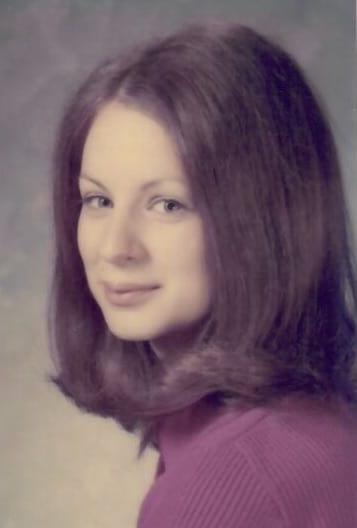Two Sunday’s ago, on All Saints Day, a few of us gathered in the church narthex between services. In the sanctuary, others were recording weekly devotions, so we spoke quietly. The church organist and I would play the second service prelude, then we first-service folks would head home.
“Tell Pastor what you told me about your new flute’s design,” the organist’s husband said.
I leaned forward. “It’s solid silver,” I said to Pastor, “heavier than my other flute, and with a gold riser, also called the chimney or ‘wall’ in the mouthpiece.” To satisfy my curiosity, I’d done a little research. “The riser is what gives this flute that lovely rich tone in the lower octave. It’s not me; it’s the instrument.”
“But you’re really coming along after not playing for so many years,” Pastor said.
“Thank you. It’s a joy to be playing again. I feel like I’m reclaiming my youth.”
Reclaiming my youth? What an odd thing to say, I thought, but true. I’m feeling as if I’m eighteen.
***
In last week’s post, I wrote about Paul Zahl’s Peace in the Last Third of Life: A Handbook of Hope for Boomers. I focused on the key words Peace, Hope, and Boomers but didn’t say much about the painful wounds of one’s past let alone healing. So here goes—Zahl first.
“The pain of early loss does not fade. The pain of early rejection does not fade. The pain of early (and to the child, inexplicable) disruption does not fade. Those things, those sufferings, stay with you. In fact, they are almost more powerful now than when they actually happened.”
The wound Zahl carried with him was a terrible break-up with his high school girlfriend during college. He experienced “a sense of lyric loss so final that its power overwhelmed me. I did, however, within about four months, bury the thought. I resolved never to think about it again if I could possibly help it.”
Life went on. He graduated college, married, went to graduate school, became a father, and pastored for several years. But “the pain of that break-up still had the dormant ability from time to time to ‘crop up’ or break out from unconsciousness into regular consciousness,” Zahl wrote.
When his mother died, for some reason the old wound surfaced. In church, during a Sunday service he was attending, he saw a vision of two young people dressed for the senior prom. One of the figures gestured a farewell then dissolved. Immediately, he heard the 1972 song “Brandy (You’re a Fine Girl)” by Looking Glass that had come out during his break-up. The vision faded, the song ended, and the power of the wound was gone.
***
Although I experienced terrible rejection when my first marriage ended, that pain was not from early loss, such as Zahl described. The wound I buried was from a disruption that happened to my family when my sisters and I were children. Our mother was inexplicably hurt in a home invasion.
The pain I buried didn’t disappear while I researched, remembered, and wrote about the event nearly sixty years later. Nor did the power of the wound suddenly dissolve. For me, healing is deepening slowly, as I examine my younger self in the light of faith, a result of my middle-aged break-up.

So, in some ways, I feel as if I’m an eighteen-year-old college student—shy, playful, curious, hopeful—as in this faded photograph from my senior year. For some reason, that girl got buried with the pain of the past wound, too. But now, fifty years later, she’s back and playing for the glory of God.



Carole, thanks for sharing your gift of music with your church members. It is a true blessing to rediscover past talents or to discover new ones. May God’s grace and peace continue to cover you and your family.
Richard – Thank you so much, and for sharing your gift of writing. I am inspired by your faith and especially enjoy your poetry and humor.
I echo Richard’s sentiments and prayer of blessing over you and your family. I sure wish I lived near enough to come listen to you play your flute. I would like to thank you for today’s post. In addition to being a wonderful Advent devotional for me, your words gently drew me into your life – both present and past – allowing me the privilege of knowing a little bit more about what life experiences have fed your gift of writing. God bless you and yours.
Thank you, Cindie. Sharing the joys and pain of your journey has blessed many. I wish you God’s peace.